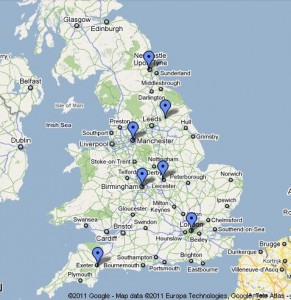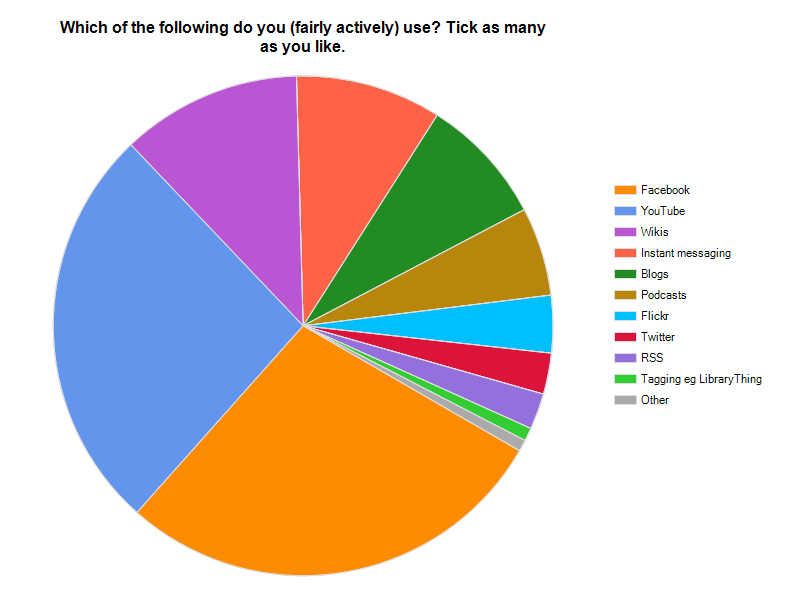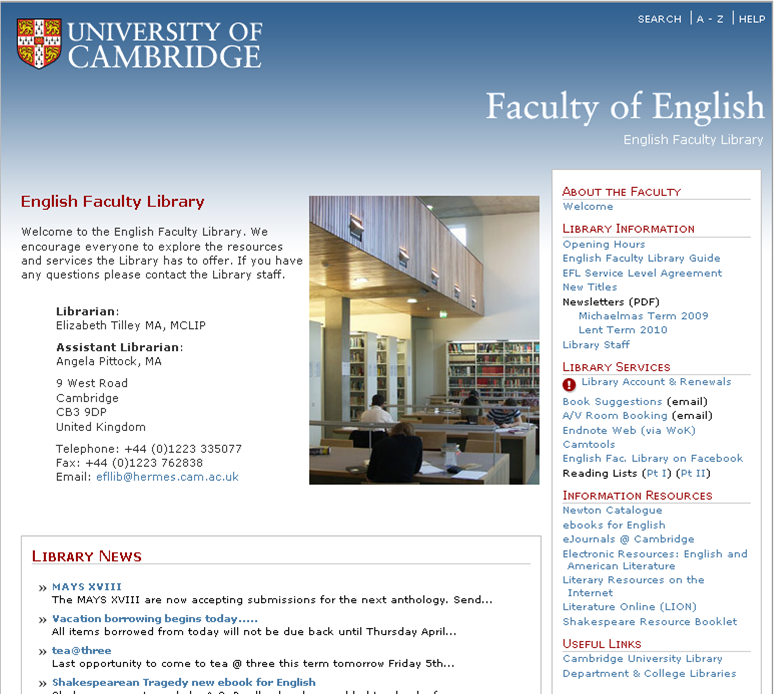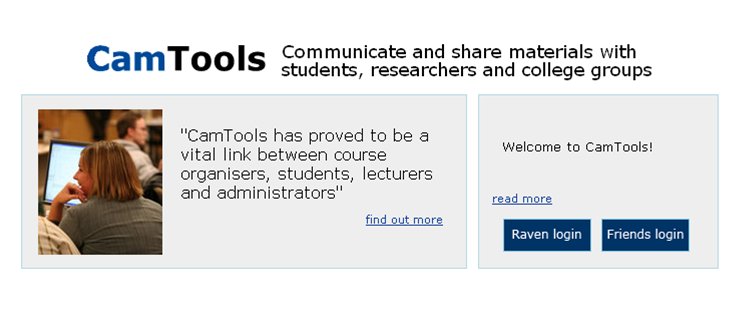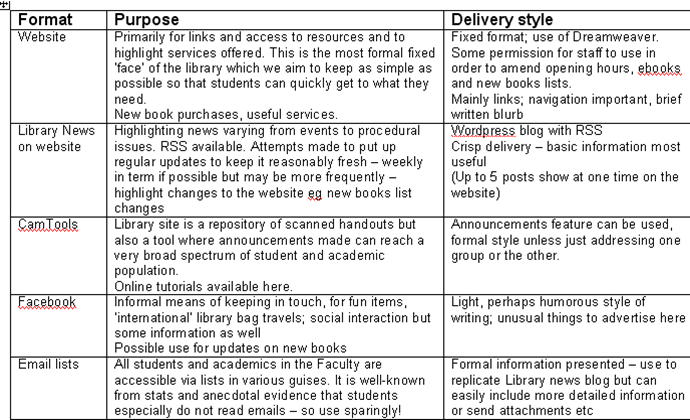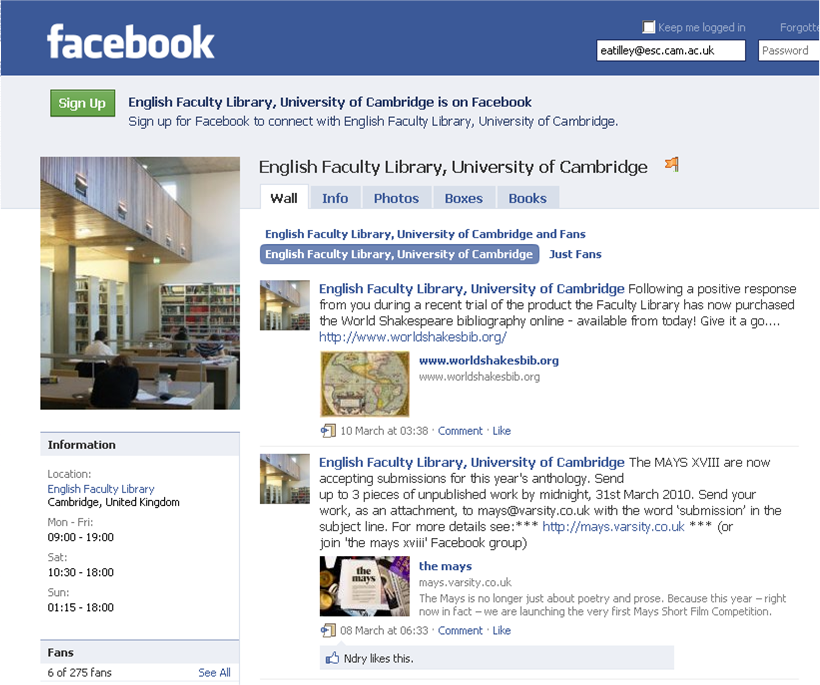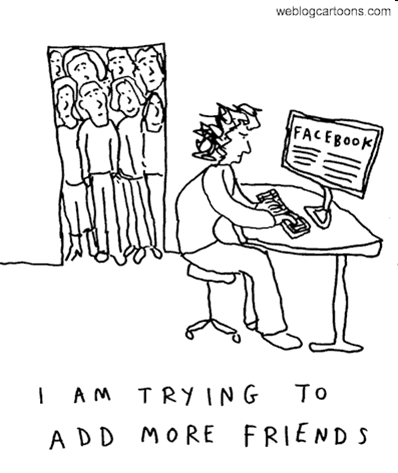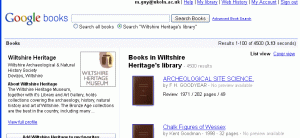Looking back at the UKOLN/MLA Social Web Workshops
Posted by Brian Kelly on 28th February 2011
The last in the 2010-2011 series of UKOLN/MLA workshops on Web 2.0 and the social web took place recently, so here’s a quick look back at what happened.
Seven
Seven workshops took place at venues all over England: Birmingham, Exeter, Leicester, London, Manchester, Newcastle and York.
One Hundred and One
The number of delegates who attended. Of these, nearly two-thirds were from libraries, a third from museums and art galleries and the remainder from archives, plus some students on museums and tourism courses. It was great to have a mix of people and everyone enjoyed the networking opportunity.
Ten
We were lucky enough to have 1o case studies given by local practitioners during the workshop series. These talks illustrated a wide range of examples and ideas. Most of their presentations are online and out there for you to use – have a look on the corresponding workshop page listed on past events for 2010 and 2011.
Twenty-eight
The Building a Business case group activity resulted in twenty-eight ideas for using social media to address a particular aim. Notes about each idea were reported on the on the wiki pages for each workshop and have now been brought together on extra wiki page.
One hundred and ten … and counting
To support the workshops a number of complementary materials were created and used. All materials are available under a Creative Commons Attribution-NonCommercial-ShareAlike 2.0 licence. The workshop materials are available from the individual workshop pages.
Please do use the materials available with your teams and pass on details to any one interested.
Priceless
Delegates were asked to complete an evaluation form after each workshop and most people did. Thank you so much for your constructive comments, we really appreciate the positive feedback and your suggestions will be helpful in future event planning. We hope we helped people feel positive in a practical way about what Web 2.0 can offer them, like this delegate who said “It introduced me to lots of new sites and aspects of the social web. I have got at least 3 ideas for promoting aspects of our service from this.”
What we used – Registration
We used Eventbrite for as our booking system – it’s free to use if your event is free. It also allows you to send emails to everyone registered for the event: we sent out emails to (a) confirm that the event would take place and a link to the final programme, (b) to let them know about the wiki and (c) to thank them for attending and to remind them of the resources available on the event Web page and in the UKOLN Cultural Heritage Web site.
What we used – The Wiki
We set up a wiki for the workshops, with a separate page for each workshop. Delegates were contacted the week before the event and encouraged to add some information about their role and what they hoped to get out of the event. We also used the wiki pages to record the ideas that participants came up with in the group activity.
We used Wikispaces for this – it was easy to set up, the public view was nice and clear and delegates were able to add information easily.
Final thoughts
Thank you to everyone who came along, either as a delegate or as a speaker. You all made the event more than just a series of talks. Hope you are able to take some of the ideas forward back at the workplace.
Posted in Events, General, mla-social-web-workshops | 1 Comment »

